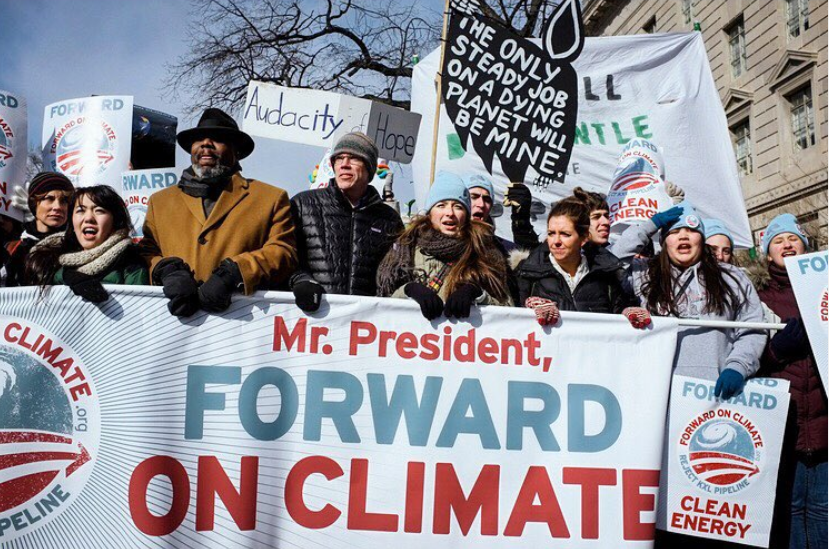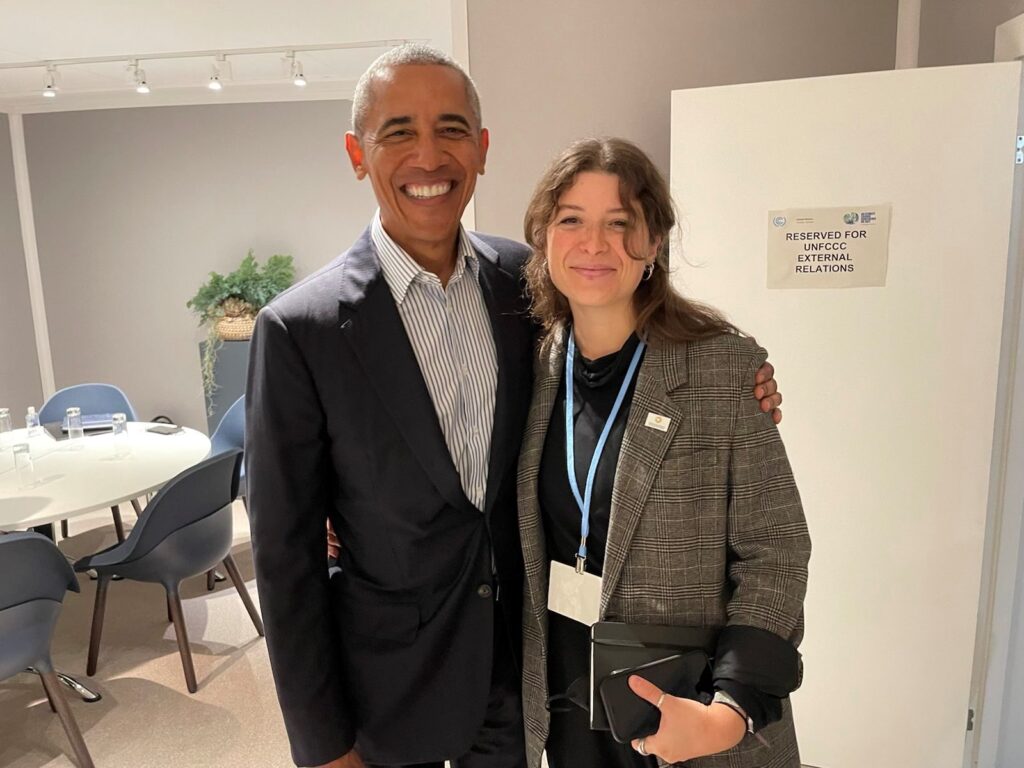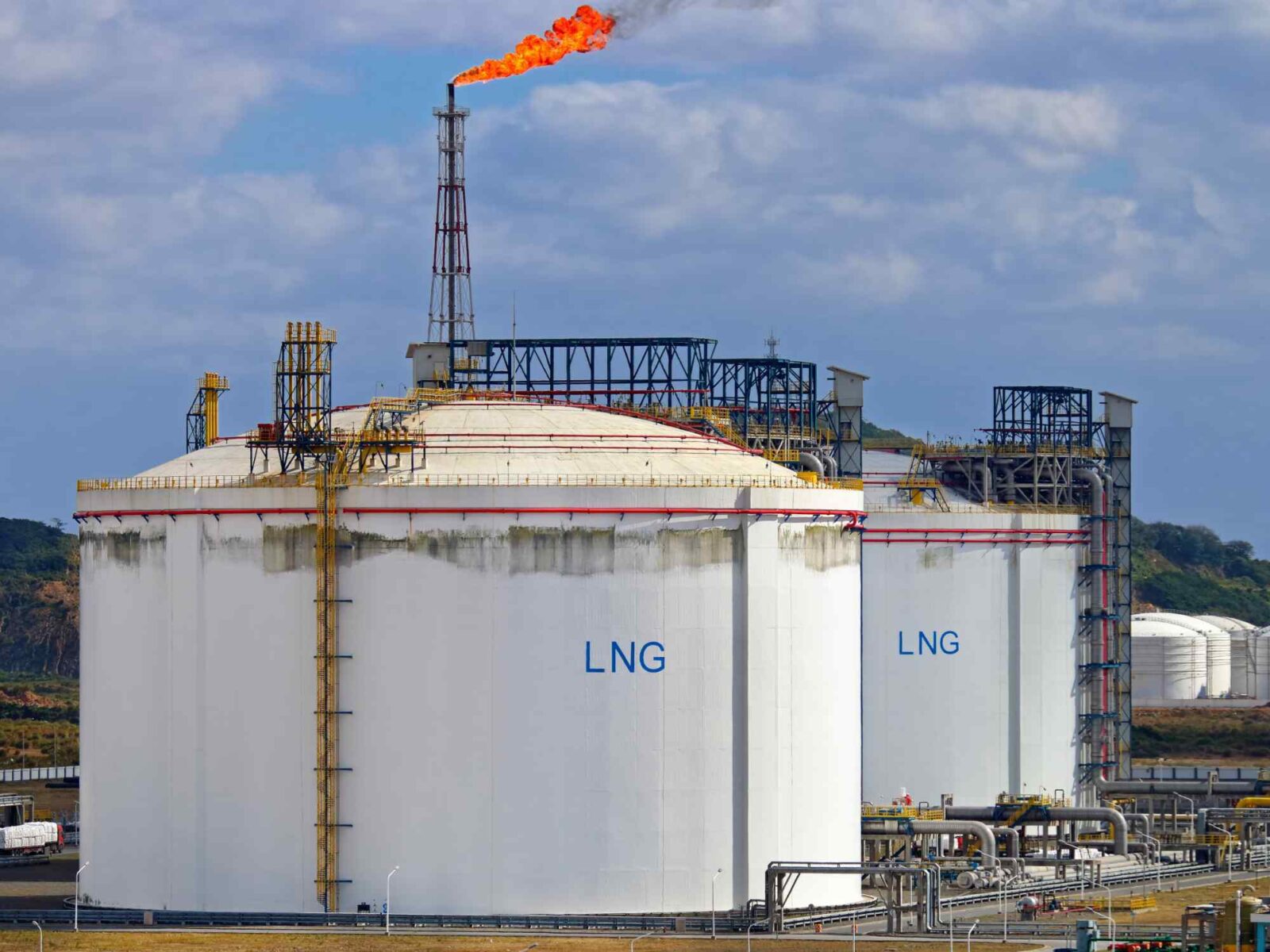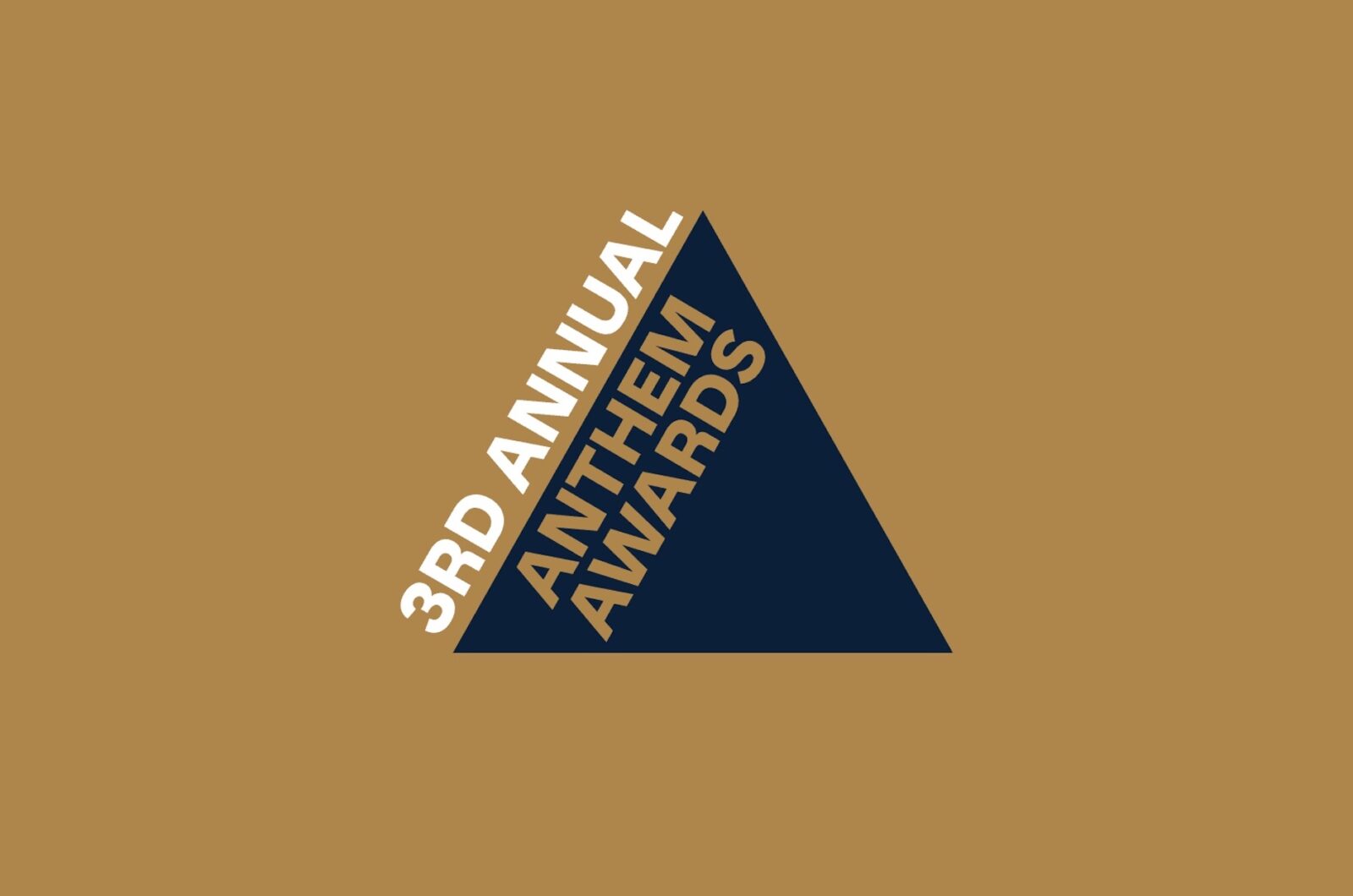ACE INTERVIEW: Fiona McRaith on a Career in Climate
|
October 6, 2022

Fiona McRaith, 26, is the Manager for Engagement & Delivery as well as the Special Assistant to the President & CEO at the Bezos Earth Fund. In this role, she works closely with the President & CEO to advance the Fund’s strategic priorities and initiatives. Before joining the Earth Fund, she spent four years at the World Resources Institute curating the research and engagements of the President & CEO.
Fiona has previously held roles with the White House Office of Management and Budget during the Obama Administration, the Alliance for the Great Lakes, and Action for the Climate Emergency. Fiona holds a B.A. in International Development and Environment from McGill University.
Fiona lives in Washington, D.C.’s Mount Pleasant neighborhood with her partner. She was born and raised in Chicago, IL.
Gari De Ramos (GDR): When, how, and why did you first get involved with climate organizing?
Fiona McRaith (FM): I first became involved with climate organizing as a 14-year old freshman at Whitney M. Young Magnet High School in Chicago, IL. My fabulous biology teacher, Mr. Katz, assigned a semester-long project that encouraged us to design and implement community-focused projects that drove forward climate solutions. This experience led me and two friends to begin a non-profit called Message in a Bottle, where we sold reusable stainless steel water bottles and donated the proceeds to a local organization working to protect and restore the Great Lakes. This work really resonated with me, and I knew I wanted to deepen my climate organizing. In high school, I gradually did so first through the ACE Fellowship and then with an amazing program focused on the ocean-climate-culture nexus. Then I of course continued in university and beyond!
GDR: You were formerly an ACE Fellow. Can you talk a bit about what that role entailed?
FM: I was indeed! I joined ACE during my junior year of high school, when I was 16 years old. At the time, ACE was deeply engaged in peer-to-peer education campaigns around climate change’s causes and solutions. As a Fellow, I helped support these efforts and also represented ACE at a number of events including marches, fairs, and rallies.
GDR: With ACE, you helped lead the 2013 Forward on Climate march asking President Obama to reject the Keystone Pipeline Plan. Can you talk about what that organizing experience was like for you and why you felt compelled to take that action?
FM: This was a pivotal moment for me as a young activist for a couple reasons.
One is simple — never before had I been at the helm of any march, not to mention one in Washington, D.C.! Growing up, I had attended several rallies in downtown Chicago on social justice issues, but the diversity and scale of this march far exceeded anything I had participated in before. At the time, this was the largest climate rally in history with 35,000+ folks participating. I felt so lucky to meet such incredible leaders of the movement and personal role models including Bill McKibben and Van Jones. I also remember being incredibly intimidated by it all!
The second reason this topic was — and continues to be — so impactful to me is because Keystone XL so epitomizes what working in the climate space can be like. The battle spans more than ten years and victories were won and lost in quick succession. In November of 2015, two years after the march, Obama did reject the plan only to see it revived when the Trump Administration entered office. Only when President Biden denied a permit to the project did the corporate backer finally drop the project. To work in this space, one needs great resilience, tenacity, grit, and an epic community of folks who uplift one another. The Keystone XL fight illustrates this.
GDR: What lessons did you learn and take with you from your time at ACE? How did your climate organizing evolve outside of ACE?
FM: ACE taught me so much about inclusive activism and the different ways one can be an “activist.” Throughout high school and university I believed (and sometimes catch myself still thinking this!) that organizing has one form.
Throughout my engagements outside of ACE, including university clubs like Divest McGill, internships at the White House, volunteering with SustainUS, and jobs with World Resources Institute and the Bezos Earth Fund, I have evolved to embody this more deeply. Activism takes a lot of different forms — some folks are superstars at speaking publicly and rallying engagement. Others are incredible artists or brilliant with written word. Still more may feel most comfortable tabling at an event requesting signatures for a petition. Some of us seek to uplift these perspectives within organizations to further intersectional solutions. ACE was the first time I learned and embraced that all activism is critical to achieving the goals we are all working towards.
All activism is critical to achieving the goals we are all working towards
GDR: You’ve worked with the Alliance for the Great Lakes, the White House Office of Management and Budget, the World Resources Institute, and are now with the Bezos Earth Fund. Can you talk about your career trajectory and how climate organizing influenced that?
FM: Yes, for sure! I’ve worked across nonprofit organizations, the public sector, and now philanthropy. In college, I interned with the Alliance for the Great Lakes where I led beach clean ups and also developed curriculum to introduce local ecosystems into schools with the hope this would drive increased conservation. My internship with the White House, during President Obama’s final year in office, transformed my view of what government could achieve. My perception of where my skillset could add the most value also shifted. I witnessed the value of activism inside organizations and realized I may be better suited to this form. Following university, I joined the World Resources Institute (WRI) where I spent three years. WRI is a global nonprofit that turns data into action by working across stakeholders on a variety of climate and environmental issues. At WRI, I learned huge amounts from colleagues who are deeply knowledgeable and passionate about seemingly every topic in the sustainability space. I then joined the Bezos Earth Fund, where I have now worked for about a year and a half. More on my role here below 😉
Throughout all of these roles and my career, I have aimed to work where it seemed I could add the greatest value — where my little stone could have the biggest ripple effect. I believe a large part of this mindset is from organizing, where you plug in wherever you can to help add up to the greatest impact.

GDR: What do you currently do in your role as a Manager of Engagement and Delivery at the Bezos Earth Fund?
FM: I find my current role as Manager of Engagement and Delivery as well as Special Assistant to the President & CEO means that my days often look quite different. I am deployed to support on various projects that may not have a clear ‘home’ internally — for example, I manage the Bezos Earth Fund’s engagement at conferences like the COPs and Climate Week. I also help develop our programmatic strategies and connect the dots between various themes. I work closely with Dr. Andrew Steer, the President & CEO, and staff him at meetings and support on his speaking engagements. I also am lucky to lead our engagement with a number of external partners, so I get to collaborate with a variety of folks which is very fun! I am probably forgetting a lot of stuff, too 🙂
GDR: What advice do you have for youth climate organizers and those looking to start a career in the climate sphere?
FM:
- You belong! Activism/climate work looks different for everyone, and your style is no less worthy or less important.
- Every job can be a climate job (and needs to be!) 😊
- Think about where you find joy/empowerment most naturally, and then try to find that overlap with climate-related work.
- Reach out! For me, networking can be super intimidating but almost everyone is super delighted to help support young folks who want to get involved or chat — I know I am!
GDR: How can others support and uplift the work you do?
FM: This is such a good question. I believe uplifting local communities and organizations seeking to drive change is really important and ultimately spirals up to inspire ambition across all levels of decision making. So one thing folks can do is support local initiatives!
Another way to support the work I do is by engaging with it! Feel free to shoot me a message (via email) or interact with me on social channels. I always love to chat about new ideas, recent developments in the climate space, or learn things!
Finally (and I know this is said a lot) but one way to uplift the work myself and others are doing is by driving accountability and action from politicians and businesses. Voting, organizing (in any form) can help drive immense change, even if it takes awhile to manifest!
Want to read more? Check out the ACE Blog!
Join our Youth Action Network
More Blog Posts

Our Climate Wins Were on Display at the State of the Union
Today, the Biden Administration temporarily halted all pending decisions on 17 Liquefied “Natural” Gas (LNG) projects across the Gulf South.
Read More
ACE Honored As An Anthem Awards Finalist
Action for the Climate Emergency (ACE) announced today that it won Bronze in Best Use of AI at the 3rd …
Read More
BREAKING: Biden Halts LNG Export Expansion
Today, the Biden Administration temporarily halted all pending decisions on 17 Liquefied “Natural” Gas (LNG) projects across the Gulf South.
Read More